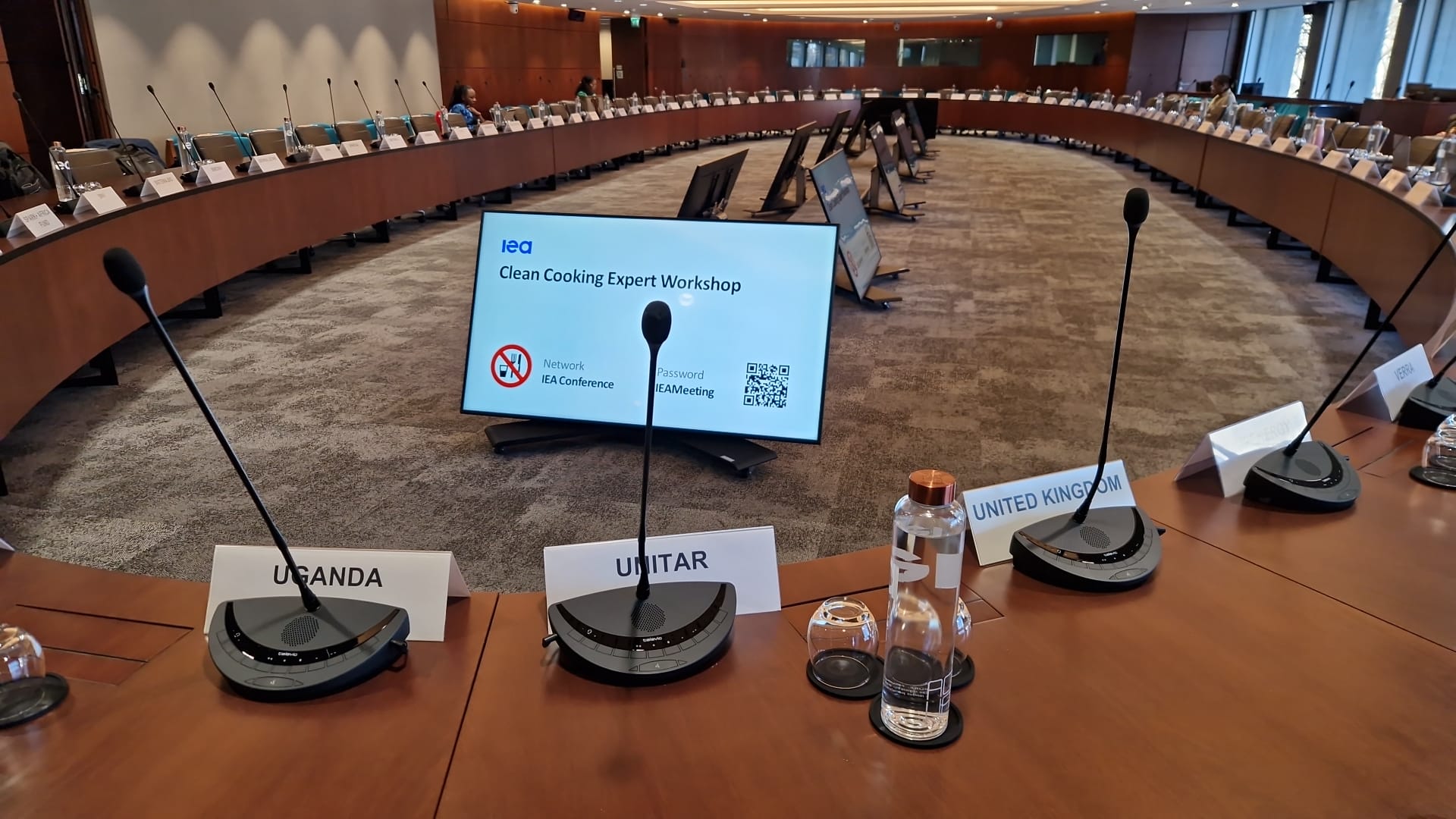In this section
In this section
The GPA members and partners have prepared collective inputs for the International Energy Agency (IEA) Summit on Clean Cooking in Africa 2014, taking place on the 14 May in Paris, France. The Summit aims to make 2024 a pivotal year for addressing the crucial nexus of health, gender equality, and climate through clean cooking solutions. Read the concept note and agenda of the Summit here.
This blog provides collective inputs from the GPA Steering Group on key information, issues and needs on clean cooking in humanitarian/forced displacement contexts.
The issue
- As of mid-2023, 110 million people worldwide were forcibly displaced as a result of persecution, conflict, violence, human rights violations and events seriously disturbing public order.[1]
- Over 94% of displaced people in camps do not have access to sustainable electricity sources and 81% do not have access to modern cooking solutions. Covering energy needs for displaced persons globally between 2022 and 2030 would require over US$10 billion.[2]
Main Advocacy Messages
- Political Will: Inclusion of displaced communities into national energy planning is urgently needed to break the humanitarian-development divide.
- Financial De-risking: De-risking mechanisms for clean cooking suppliers and tailored subsidy schemes will be critical to enable the growth of clean cooking markets in displacement settings, especially in camps and settlements of refugees and internally displaced populations.
- Coordination and Alignment: Humanitarian, development and national actors leading efforts on clean cooking should align their agendas and strategies to avoid contradictory approaches to clean cooking service provision, thus slowing down progress.
- Research and Data: More research and data on energy access in displacement settings is needed to inform programme and project design, as well as the private sector's clean cooking product and service design responsive to the needs of the displaced households and communities.
High-level Political Aims by the GPA Partners
-
Policies
The GPA partner organisations commit to advocate locally and internationally to integrate cleaner cooking solutions for displaced people into national development and energy policies and associated funding strategies, with a goal of inclusive policies developed in 10 countries by 2030.
-
Partnerships
The GPA partner organisations affirms its commitments to deliver collective actions on cleaner cooking solutions in displacement settings and hosting communities by providing supporting services to mainstream sustainable, affordable, and reliable energy access for crisis affected and hosting communities, aiming to meet the clean cooking needs of 25 million people by 2030.
-
Financing
The GPA partner organisations aim to collectively mobilise financing of USD 650 million by 2030 for improved and modern cooking solutions in displacement settings and hosting communities through an increase in integrated humanitarian-development partnerships, enhanced engagement with the private sector and collective resource mobilisation efforts.
Please note that the above targets are developed to advance the collective advocacy campaign of the GPA and humanitarian energy community. Therefore, such commitments may differ from the individual organisational targets of the members of the GPA. These are not binding for individual organizations of the GPA and does not show a formal commitment of the organizations. Organisations beyond the GPA community have showed interest in joining this advocacy campaign. If you are an organisation also working on clean cooking in displacement settings and wanting to join the campaign, please reach out and send an email to energy@unitar.org.
[1] UNHCR Refugee Data Finder, https://www.unhcr.org/refugee-statistics/
[2] GPA (2022) The State of the Humanitarian Energy Sector: Challenges, Progress and Issues in 2022. Global Platform for Action on Sustainable Energy in Displacement Settings. UNITAR Publishing. Geneva, Switzerland.
Last updated: 13/05/2024
